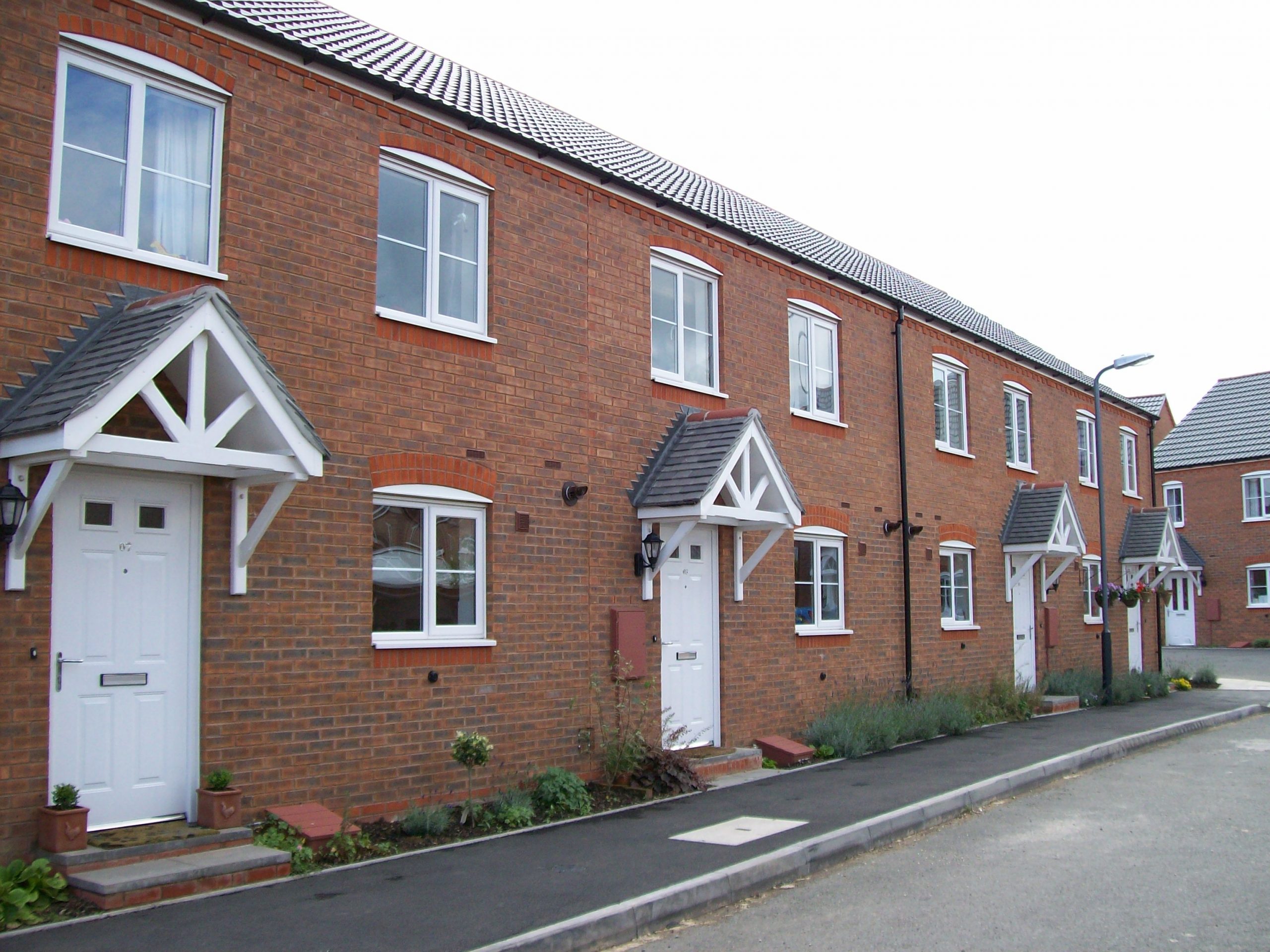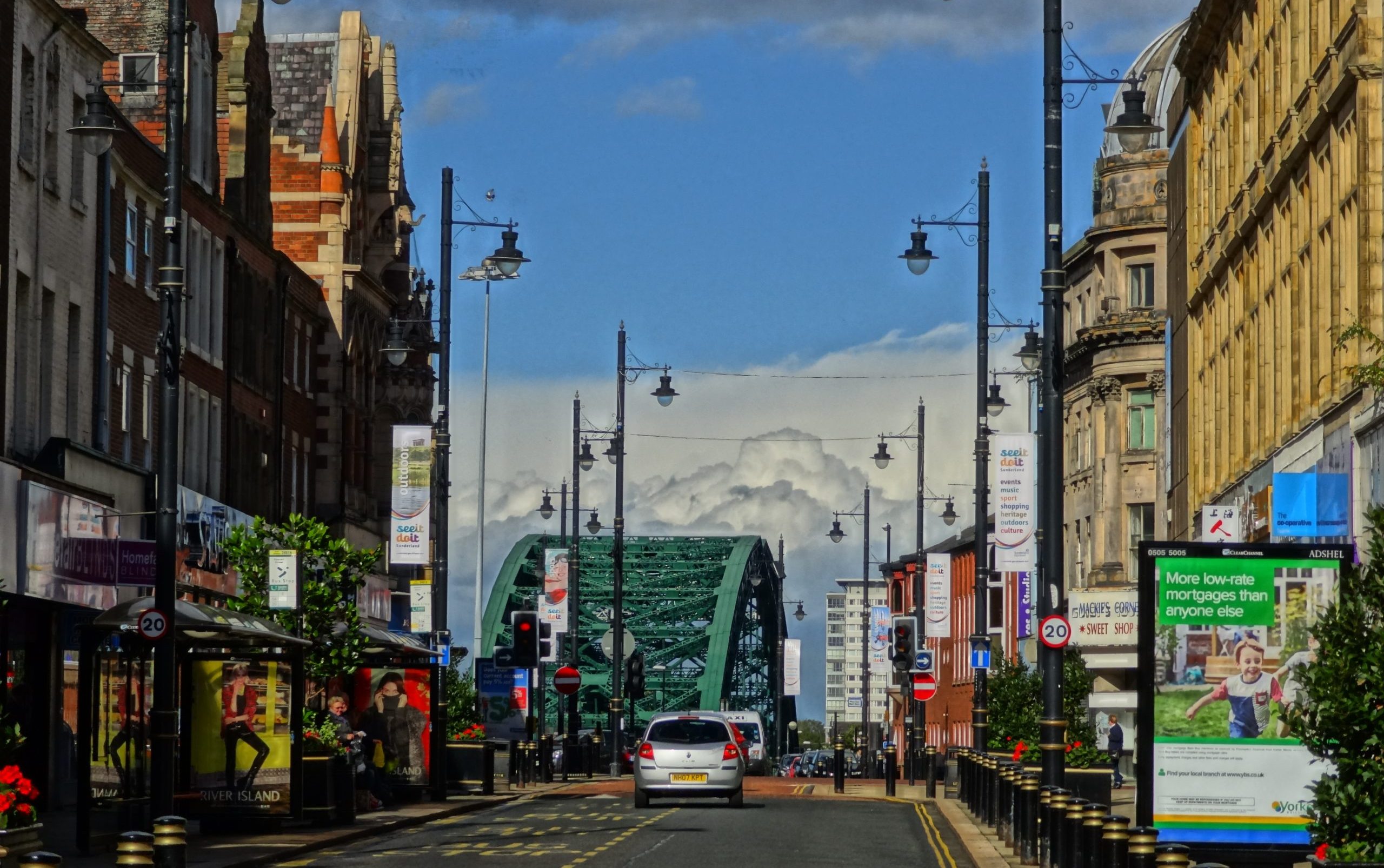How Are Greenpeace Ensuring Crucial Housing Retrofits Are Being Implemented?

A report from Greenpeace has highlighted the economic and social benefits that could be created by decarbonising housing in the UK. Housing Industry Leaders looks at how this is possible and the benefits of this.
Research by Greenpeace has found that a properly funded, ambitious programme to insulate homes and swap gas boilers for low-carbon heating sources, such as heat pumps, could create 138,000 new jobs and inject £9.8bn into the economy.
It emphasised that this could be done as early as 2030 if the government was to deliver a strategy for decarbonising homes that significantly increased the deployment of heat pumps and energy efficiency measures, with grants to cover the costs.
Produced by Cambridge Econometrics on behalf of Greenpeace UK, the report and analysis used macroeconomic modelling to assess the impact of three housing decarbonisation scenarios.
Taken from the Climate Change Committee’s (CCC) central pathway for delivering net-zero, the central scenario aims to install just over one million heat pumps per year by 2030 and upgrade all buildings to EPC C standards within the next 10-15 years.
The other two scenarios were also based on the CCC’s pathway, but one used the government’s current, less ambitious plans to install just 600,000 heat pumps per year by 2028. The other had the cost of heat pump installations rapidly falling to £5,500 in line with industry estimates.
Housing is currently responsible directly for around 14% of the UK’s total greenhouse gas emissions
Overall, the analysis found that all three scenarios would provide a significant boost to the economy, both in terms of job creation and GDP. However, the greatest benefits would come from the more ambitious rollout of low-carbon heating technologies and energy efficiency.
Greenpeace UK’s policy director, Doug Parr, told Housing Industry Leaders: “The simple fact is, the government’s current plan to decarbonise homes won’t cut emissions enough to meet its own legally binding climate commitments or tackle the climate crisis.”
A more ambitious plan, which will sufficiently slash emissions from homes, could create many thousands of new jobs right across the country and pump billions into the economy. This should be music to the Prime Minister and Chancellor’s ears.
The report also looked at alternative funding models. One of these, in which the government provides no extra investment leaving all households to pay the full cost of upgrades and clean heating installations, delivered far less in terms of economic benefits.
Greenspace is calling on the government to commit an extra £12bn towards retrofitting homes in the upcoming Spending Review
There are concerns that the government’s Heat and Buildings Strategy and funding made available in next month’s Spending Review will fall short of what is required to tackle emissions from housing and fail to capitalise on the thousands of jobs that could be created and economic growth it could provide.
In order to maximise this significant economic opportunity, the environmental campaign group is calling on the government to deliver within its Heat and Buildings Strategy a comprehensive package of grants, loans and tax incentives that would see the deployment of heat pumps rapidly ramped up this decade, covering the full cost for low-income households.
As well as a commitment to phasing out new gas boiler installations early in the 2030s, this must be delivered alongside a fully-funded programme to properly insulate our homes.
Jon Stenning, associate director at Cambridge Econometrics, told Housing Industry Leaders: “This analysis highlights the substantial economic benefits that would result from a programme to encourage the deployment of heat pumps and energy efficiency measures into people’s homes.”
The government should take the opportunity presented by the Comprehensive Spending Review to set out a clear long-term framework for delivering these measures, which are an essential component in decarbonising the UK economy.”

